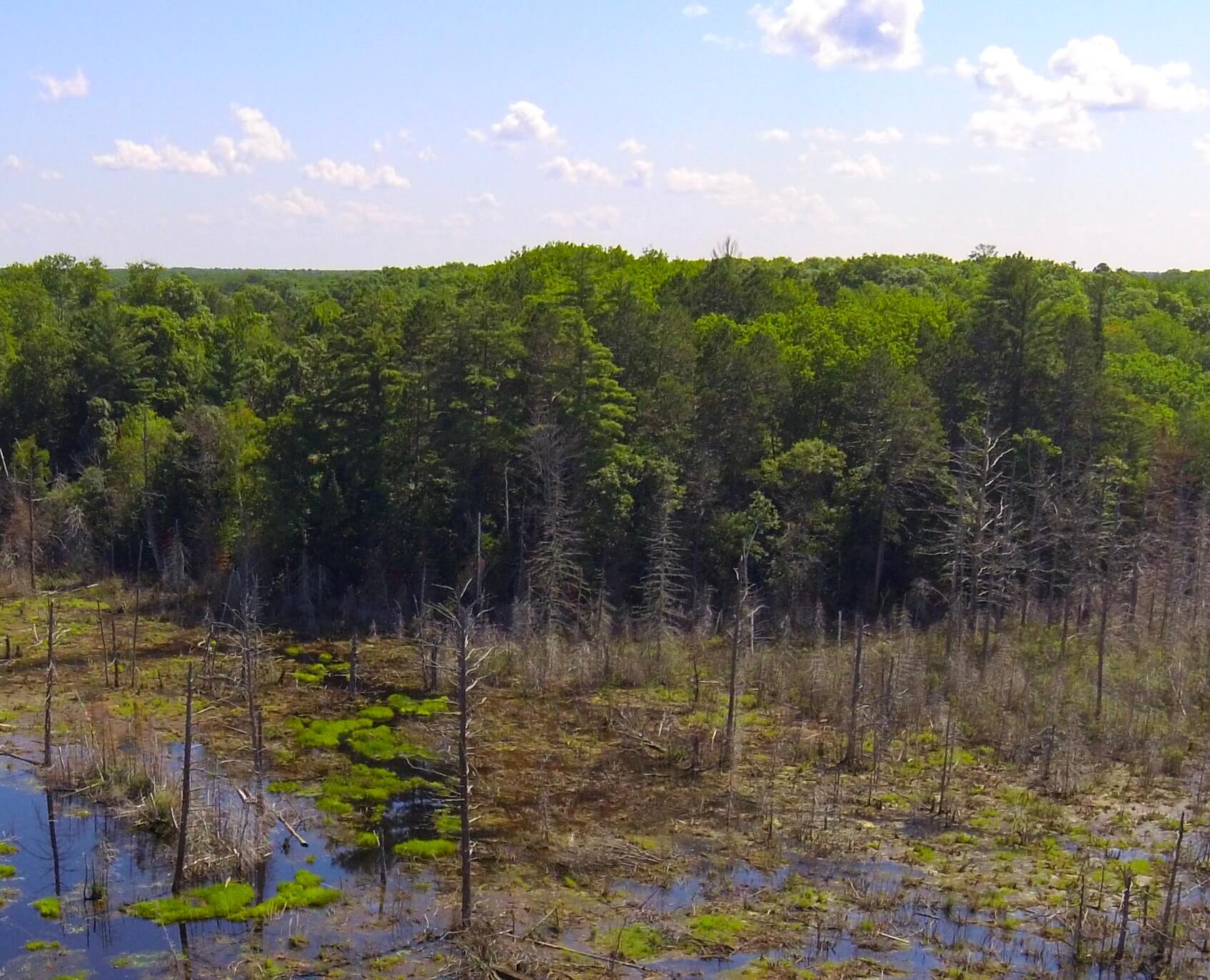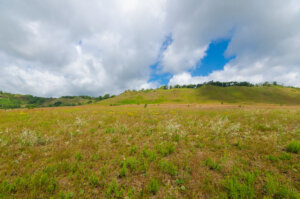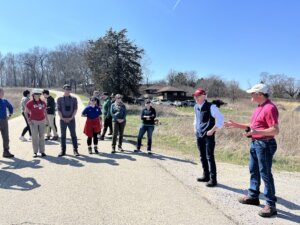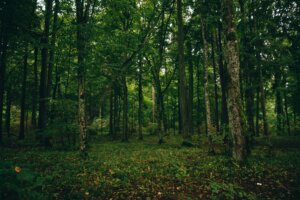In its largest land purchase to date, The Conservation Fund acquired 70,000 acres of forestland in northern Wisconsin, which will be open for recreational use and sustainable logging. The property is located east of Rhinelander and will be named the Pelican River Forest.
The land was purchased for an undisclosed amount with the help of a loan through the Richard King Mellon Foundation. Preserving this land “will safeguard wildlife habitat and water quality while continuing sustainable timber harvesting and traditional recreational uses such as hunting and fishing,” as stated in coverage by Wisconsin Public Radio, reported by Danielle Kaeding.
“Ensuring the permanent protection and sustainable management of large, existing forests is not only essential to the local communities for jobs and recreational enjoyment, it is also one of the most effective strategies we have right now to combat climate change,” said Larry Selzer, President and CEO of The Conservation Fund. “Our purchase of Pelican River Forest is the first step in securing the future of this important working landscape so it can continue to provide economic, ecological and climate benefits for generations to come.”
The property includes 68 miles of streams and 27,000 acres of forested wetlands. It will serve as a link between the Oneida County and Chequamegon-Nicolet National Forests.
Future plans for the property includes securing working forest easements to ensure the land cannot be parceled off into smaller segments. The Wisconsin Department of Natural Resources will purchase an easement this summer to secure approximately 12,000 acres for nearly $4.7 million, with funding provided by the Knowles-Nelson Stewardship Program. The Conservation Fund plans to work with the DNR on easements for the remaining 58,000 acres over the next few years.
Read more about the land purchase in an article by Paul A. Smith of the Milwaukee Journal Sentinel, and see drone footage of the property, courtesy of The Conservation Fund, as shared by the Journal Sentinel.
Featured image by Ron Frazier, 2018.










